Cobalt
Posted on February 21, 2015
204 Views
cobalt – for red blood cells
Cobalt is a mineral and an integral part of vitamin B12.
Not synthesized by humans it is found in all cells and particularly bone marrow.
Function
As for vitamin B12 including:
Functioning and maintenance of red blood cells and other cells stored on red blood cells and plasma
Involved in the synthesis of methionine and choline maintenance of the myelin shealth
Deficiency Effects
B12 deficiency effects including:
Paleness, fatigue, slow growth rate, numbness in the fingures and toes, Diarrhoea, heart palpitations,
May be responsible for pernicious anaemia
Permanent nervous disorders if deficiency is not treated
Bush disease – found in cattle and sheep causing stunted growth
Toxicity
High intake may result in enlarged thyroid glands
Reduction in intake will return gland to normal size
Goitre, Heart disease, polycythaemia,
A high quality protein diet may help protect against the toxic effects
Medicinal and therapeutic Uses
For pernicious anaemia – important as a builder of red blood cells – however pernicious anaemia only responds to vitamin B12 injections, not colbalt on its own
Dosage
Average daily intake 5-8 micrograms
Good Food Sources
Not easily assimulated, most passes through the intestinal tract unabsorbed.
Most of what is absorbed is excreted through the urine after being used in the body.
All animal meats particularly liver and kidneys, shellfish, clams, scallops, oysters, cod, cow’s milk, sea vegetation – kelp etc.
Lacking in almost all land vegetation although cobalt enriched soil yields small amounts
Anti – foaming agent in beer, perhaps dandelion and nettles

